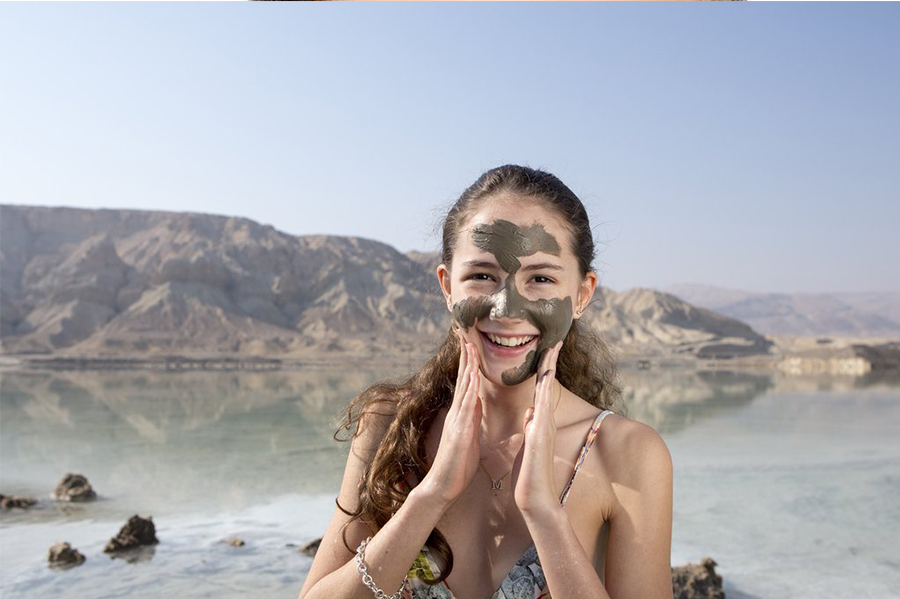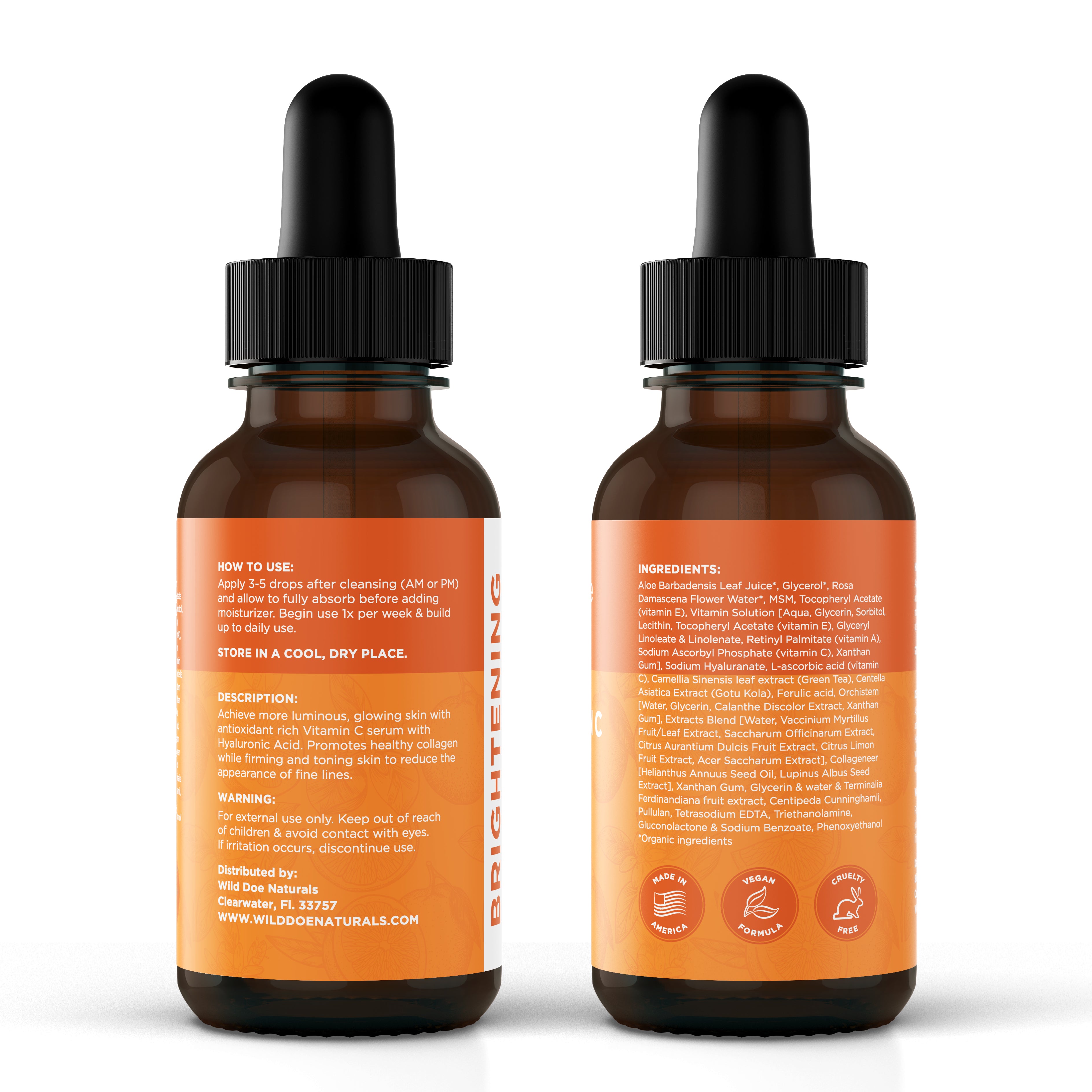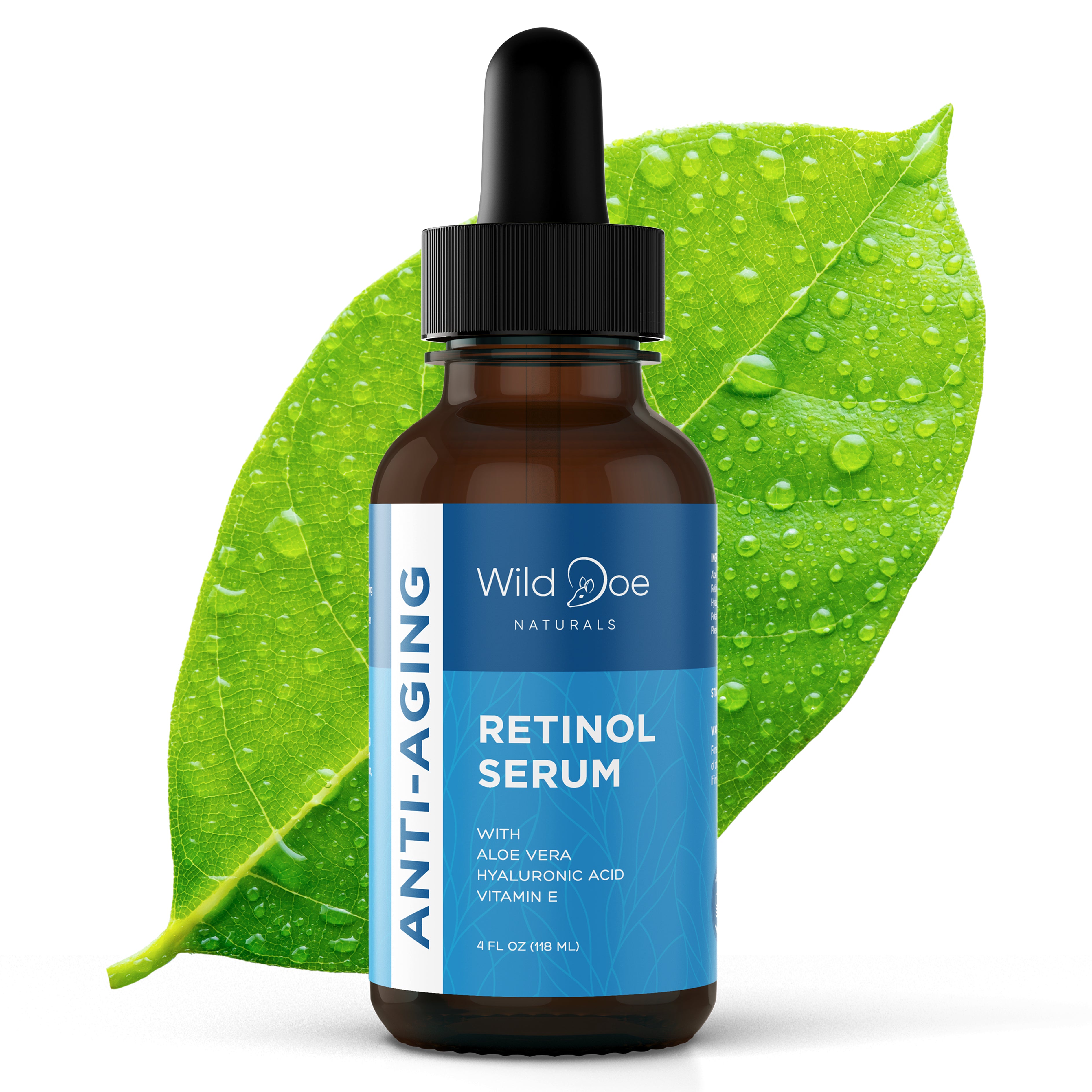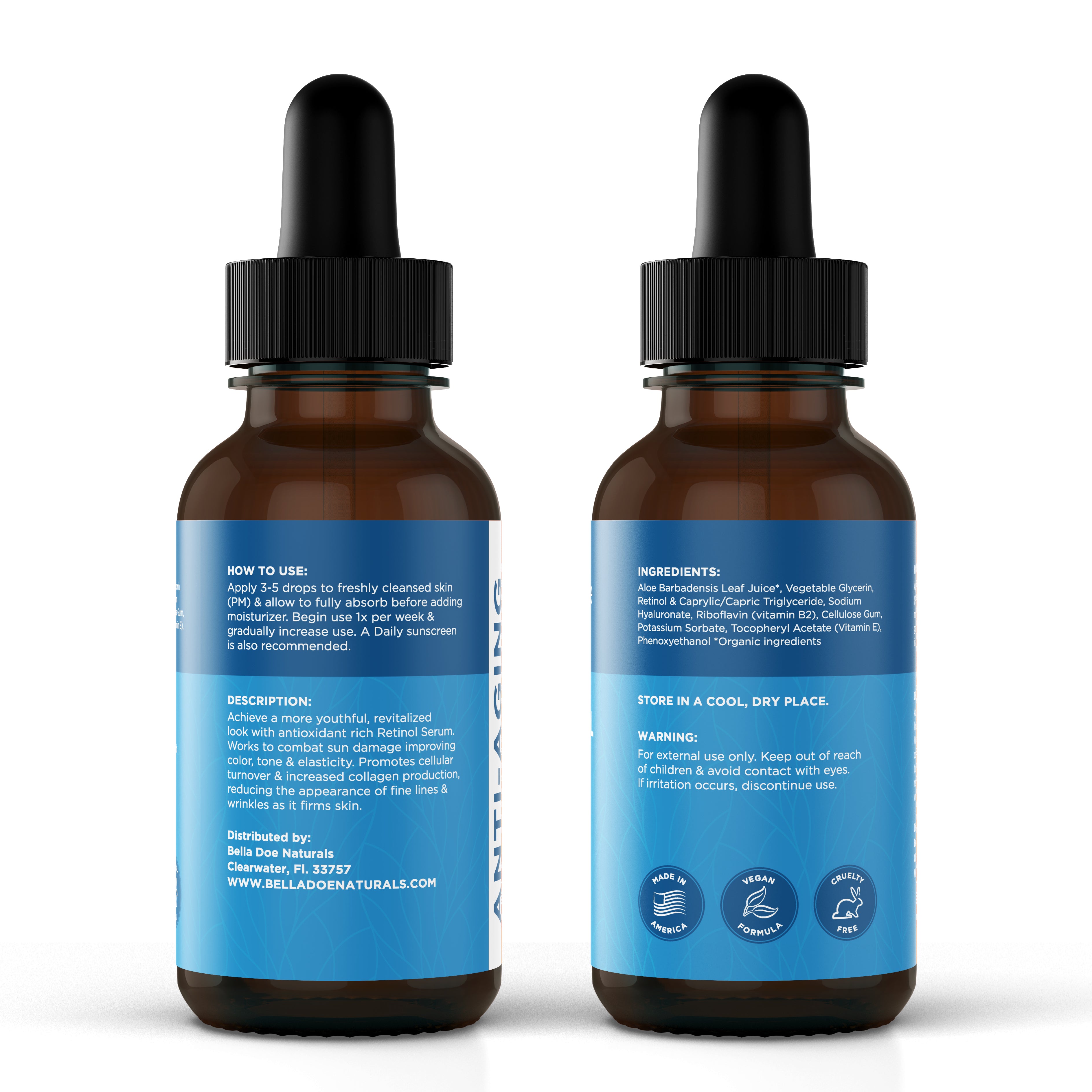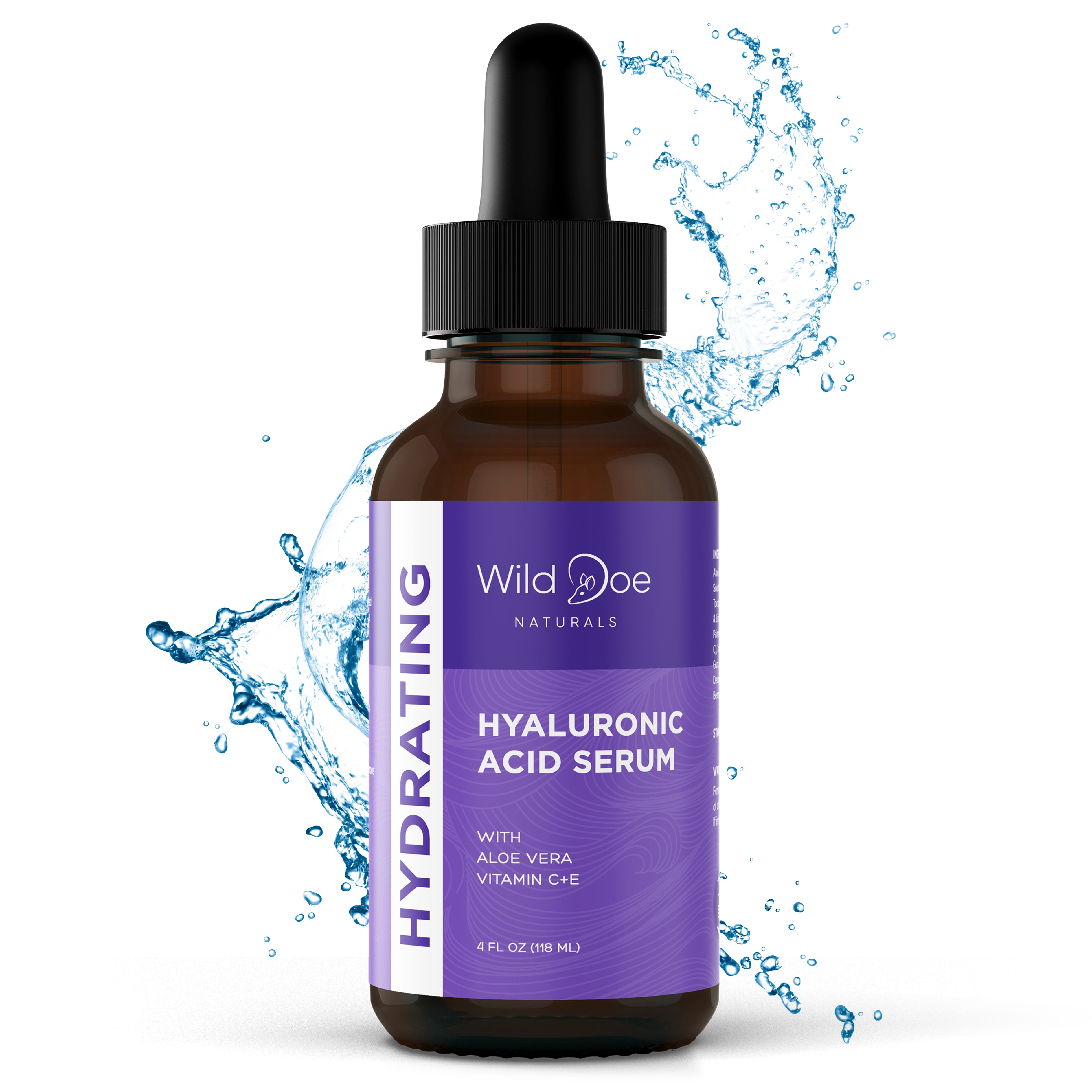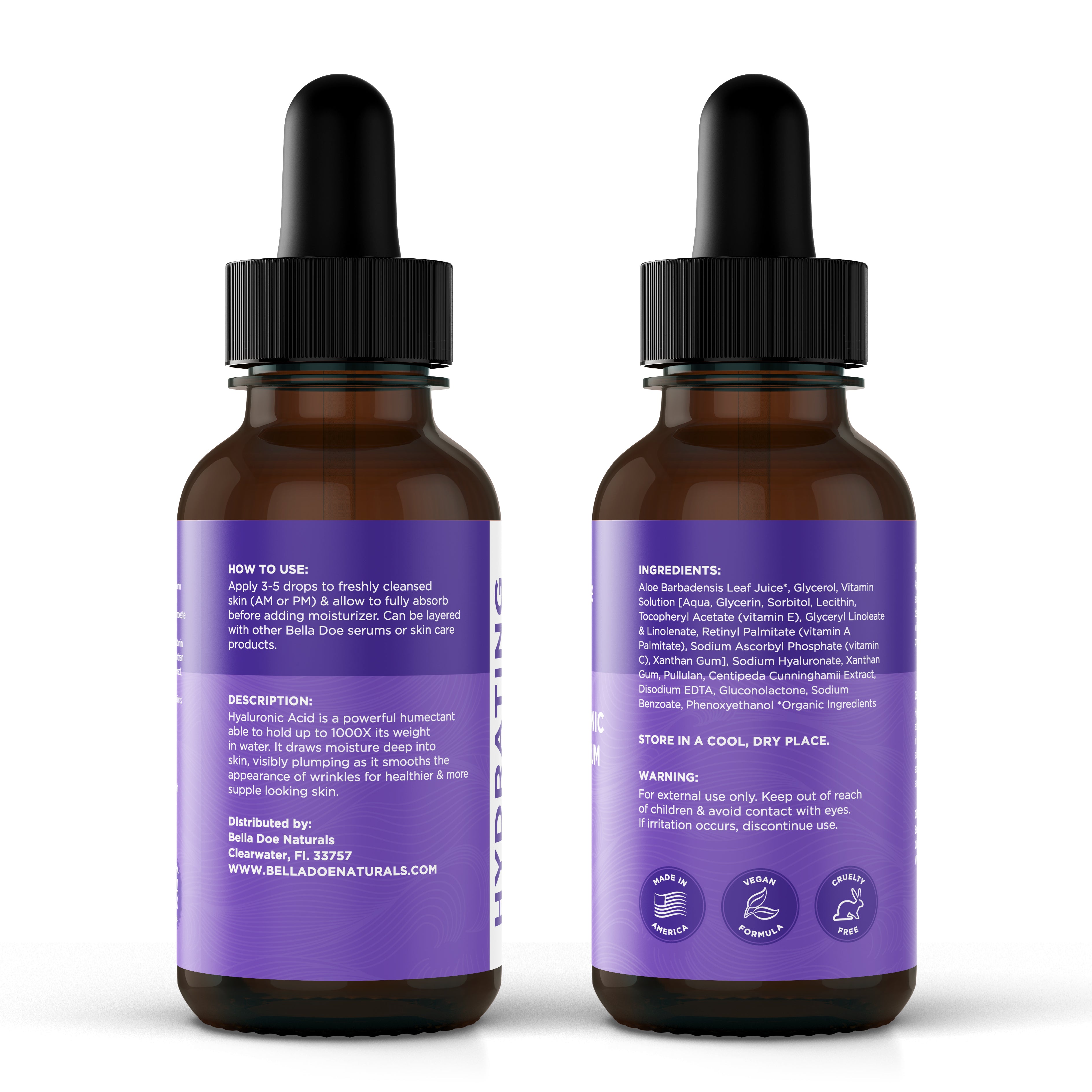
Can Bentonite Clay Whiten Teeth?

Flashing a smile is easily the most basic yet meaningful way we communicate with others day to day. Of course, when our pearly whites are extra vibrant, smiling is even more of a pleasure. Unfortunately, over time teeth are exposed to certain foods or drinks that can leave stains, dull their sparkle and even worse, can leave teeth with that unsightly yellow tint.
There is a solution to keeping your teeth white without damaging side effects or paying a small fortune to get them professionally done. Getting back a natural white smile is as simple as rubbing ‘dirt’ on your teeth. Yes, you read that right. The answer is in ‘dirt’. This may sound kind of odd at first but it’s totally safe. So, what’s this miracle ‘dirt’ all about? It’s Sodium Bentonite clay and has been used for hundreds and even thousands of years in all manner of natural remedies.
Sodium Bentonite or bentonite clay has countless beneficial properties useful for maintaining a person’s physical health and wellness. It is capable of detoxifying one’s skin and even the digestive tract. That’s quite a feat given that we’re talking about a simple form of clay derived from the earth.
To fully understand the wonders of bentonite clay for oral hygiene specifically, let’s look into how it works to remove stains on your teeth.
How does Bentonite Clay work?
As gone over, Bentonite clay has many uses from construction to skin care. So how is Bentonite clay useful for teeth whitening? To answer this question, its useful to look at how Bentonite clay is used in the process of winemaking.
Because of it's absorbent properties, Bentonite clay is used as a medium to make white and red wine clearer. It does this by removing color particulates thereby giving it a much purer color. This vital property of bentonite clay works similarly when removing tough stains from teeth.
Looking at it more closely, we see that Bentonite clay basically acts like a sponge. This is due in part to the fact that when hydrated, molecules of the clay emit electrical charges that work as a magnet to pull toxins out. This sucks up harmful bacteria and metals from your mouth and in so doing acts as a natural way of removing superficial discoloration from your pearly whites.
Beyond the scientific aspect of this clay, it’s time to look into which clay is most appropriate for oral hygiene.
Which clay to use?
Since bentonite clay is used for a wide variety of purposes, you can’t just grab some construction grade bentonite clay and start brushing away. What you want to look for is a food grade Sodium Bentonite. This will ensure that you are safe from any chemical additives that may potentially harm you if ingested. Meanwhile, this specific clay has the right balance of minerals and other vital ingredients for cleaning the surfaces of teeth while the sodium content will help strengthen them.
How to use it?
It’s really easy to create your own Bentonite Clay Toothpaste. You just need purified water, two tablespoons of Sodium Bentonite Clay, and an essential oil such as peppermint or cinnamon to add a nice touch of flavor to your paste. Once mixed together with water, the powdered clay is going to absorb the water and expand allowing it to remove stains and bacteria while keeping your mouth fresh and clean.
To see optimal results using a Bentonite clay tooth powder, it is important to maintain a consistent oral health regimen. For example, you will want to brush at least twice a day to ensure that your teeth are given the right amount of cleaning. This will remove unwanted stains from your teeth in no time.
Of course, you have to pair a healthy oral regimen with healthy food intake so you’ll want to review your diet and narrow down which types of foods or beverages are contributing to staining your teeth. Try to remove these from your diet as best you can.
Conclusion
It might be tempting to opt for those high-end dental treatments that promise you a white smile after just a few visits to the dentist. But, while bleaching treatments may sound promising at first, they are generally not worth it in the long run. This method of whitening is going to expose you to harmful chemicals, can strip enamel and thin the protective outer layer of teeth which will leave teeth feeling sensitive, prone to chipping and even more susceptible to future stains
All in all, nothing beats a natural means of teeth whitening. As a result, you can smile with greater confidence and feel happier knowing that aside from keeping your teeth white, your mouth is going to stay clean and bacteria free. Now that’s value for your money!

